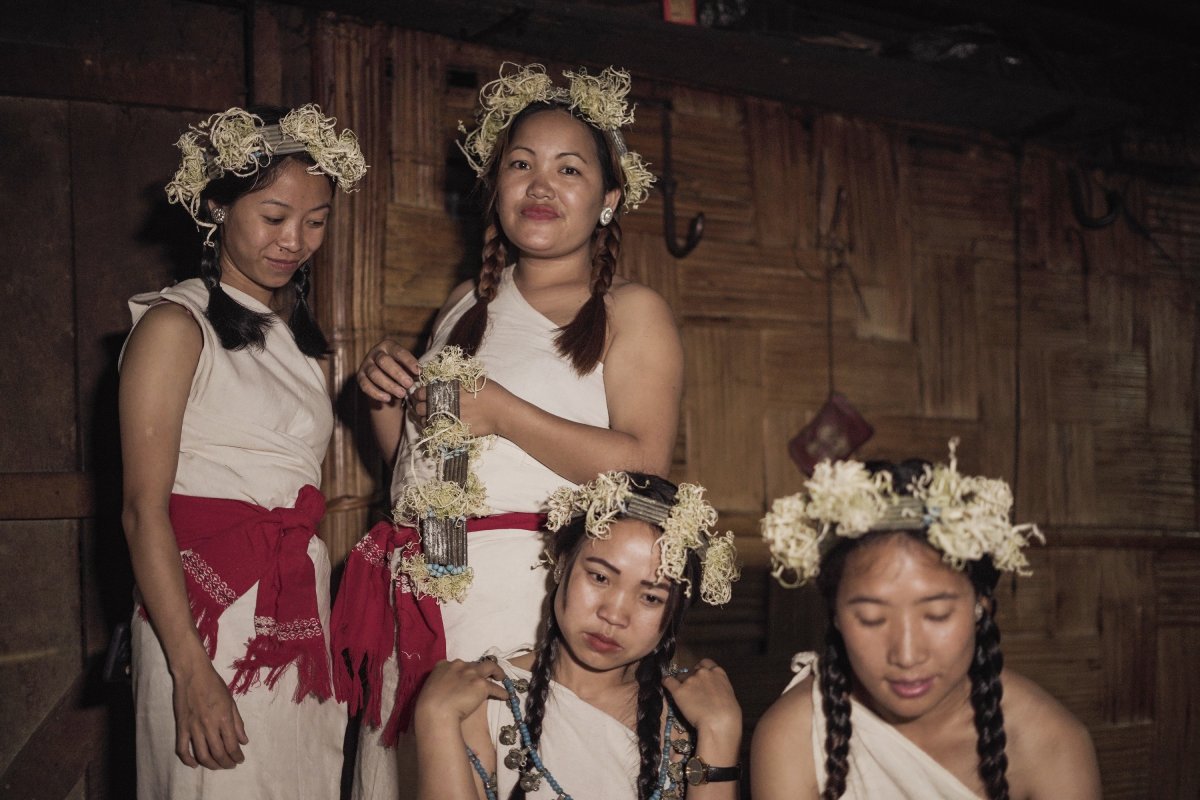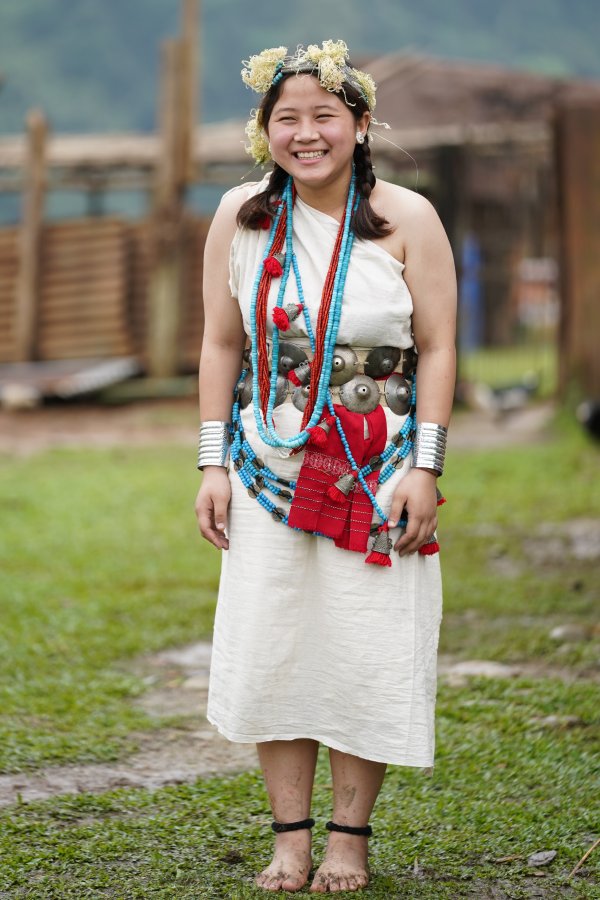tribal livelihood
Livelihood Practices Nyishi tribe, arunachal pradesh

Traditionally referred to as a hunter-warrior tribe, the Nyishis were well known for hunting and warfare skills. They adopted agriculture over a period of time, following jhum (slash-and-burn) methods of cultivation, and also have fishing and cattle rearing. Their skillful craftsmanship, specifically in basketry and weaving, reflects their ingenuity and potential to produce practical items from the available local material.
The Nyishis, residing primarily in Arunachal Pradesh, take their name from "nyi," or "human," and "shi," or "highland," and thus call themselves "people of the highlands." The Nyishis have, according to oral traditions, migrated from China's Yunnan Province along river courses to South Asia. Their origin traces back to Aathu Nyia Thanyi, a son of Abhu Thanyi, the mythological progenitor who created the universe. While Christianity has been adopted by the majority of Nyishis, some faction of the tribe still adheres to Donyi Poloism, worshipping the Sun (Donyi) and the Moon (Polo).

The Nyishis preserve their cultural heritage through unique religious practices and conflict resolution systems. Temples, known as Nyeder Namlo (pure place), honor their deities, Donyi (Sun) and Polo (Moon), in various Nyishi regions. They resolve disputes through nyelee, a traditional legal institution involving elders (nyagam aabhu/nyub aabhu) proficient in customary laws. These gatherings occur at nyele miram, designated sites that underscore the Nyishis' commitment to community-based governance and justice.
The Nyishi face the challenges of modernization and religious shifts, as traditional beliefs give way to Christianity among younger generations. Additionally, environmental changes threaten traditional practices like jhum cultivation, and the community's reliance on natural resources is increasingly impacted by deforestation and land-use restrictions. Balancing cultural preservation with socioeconomic advancement poses significant hurdles for the Nyishi people.

The Nyishis display sustainability through jhum cultivation and their reliance on natural resources. Practices like basketry and weaving utilize renewable materials from local forests, exemplifying an eco-friendly lifestyle. Their dispute resolution process, nyelee, also highlights a community-driven approach to sustainable social structure, ensuring minimal dependency on external systems.


